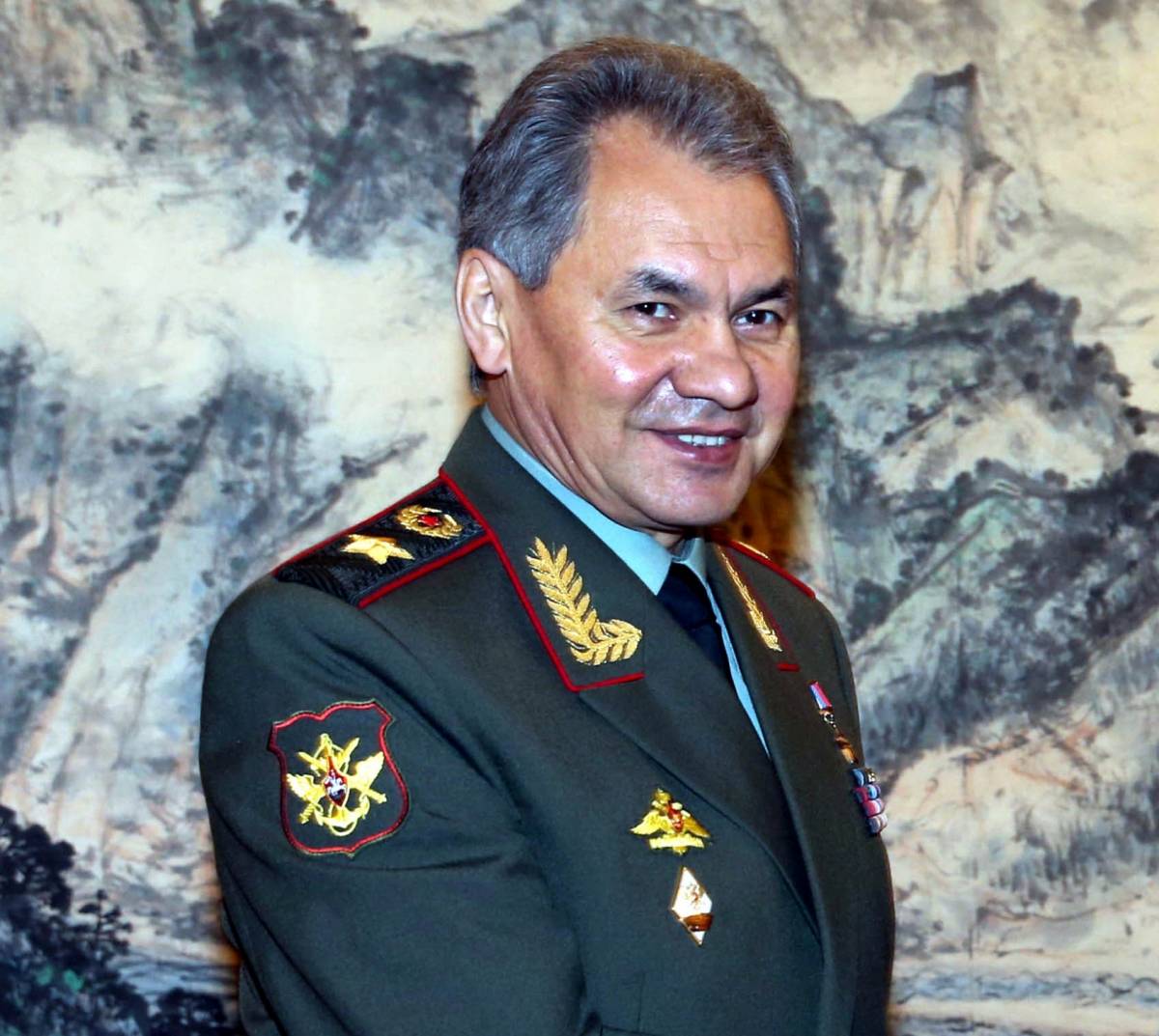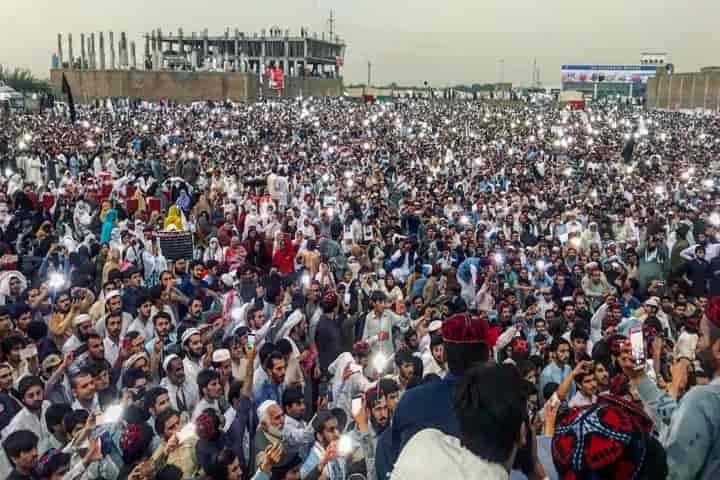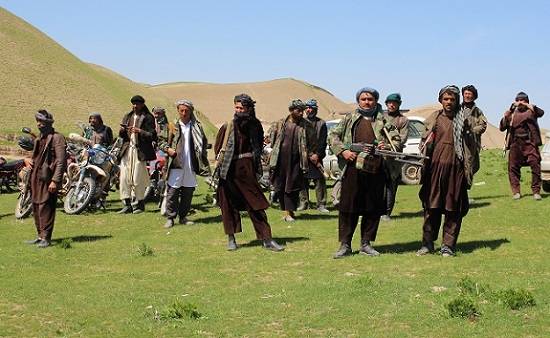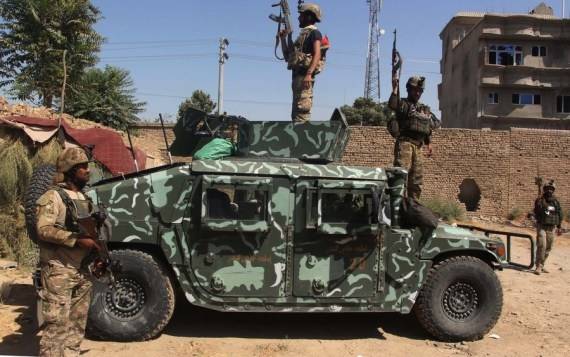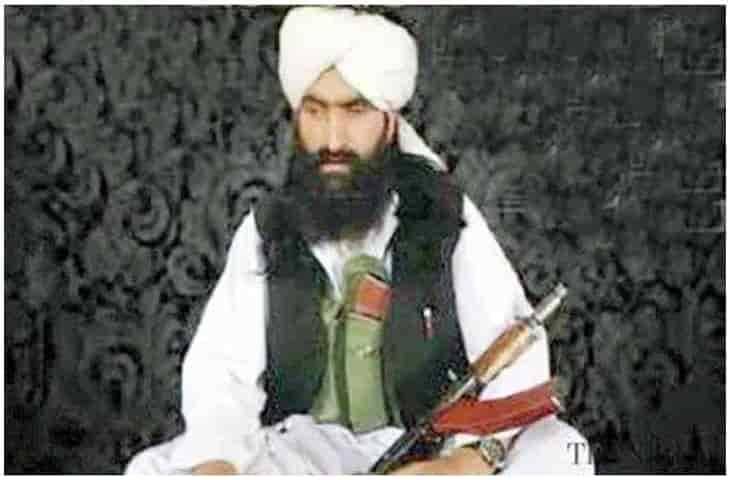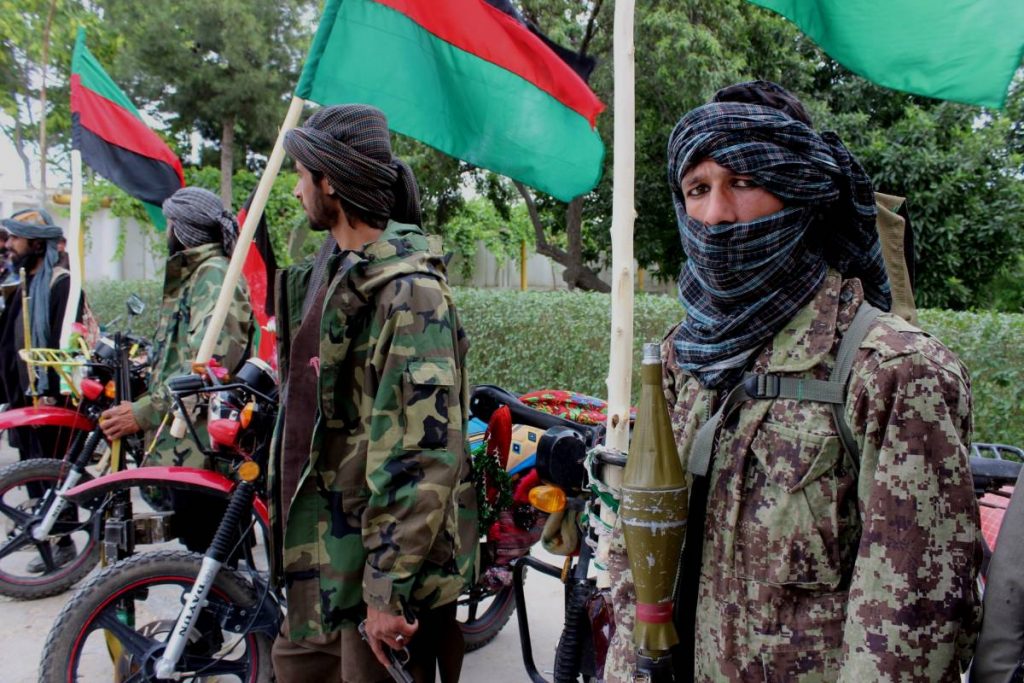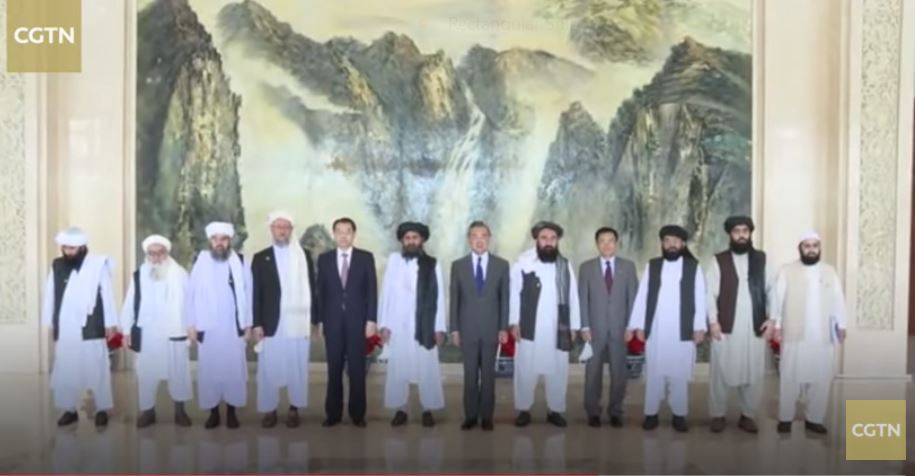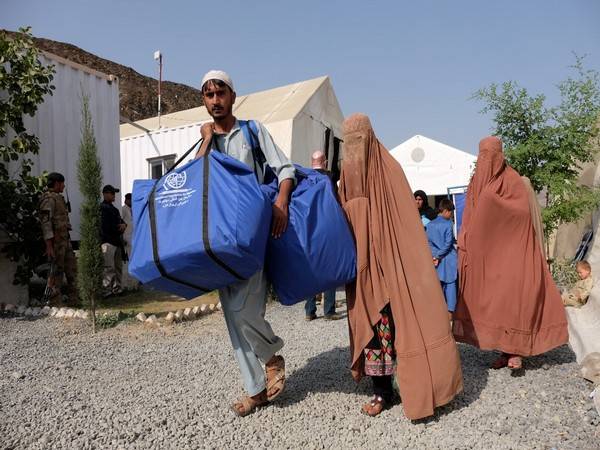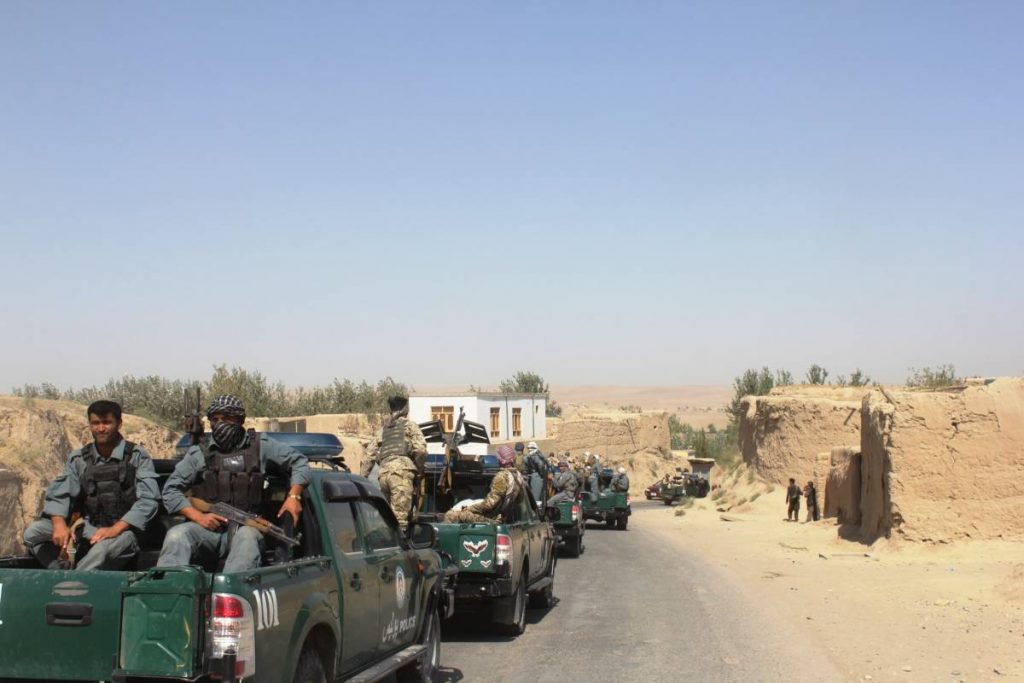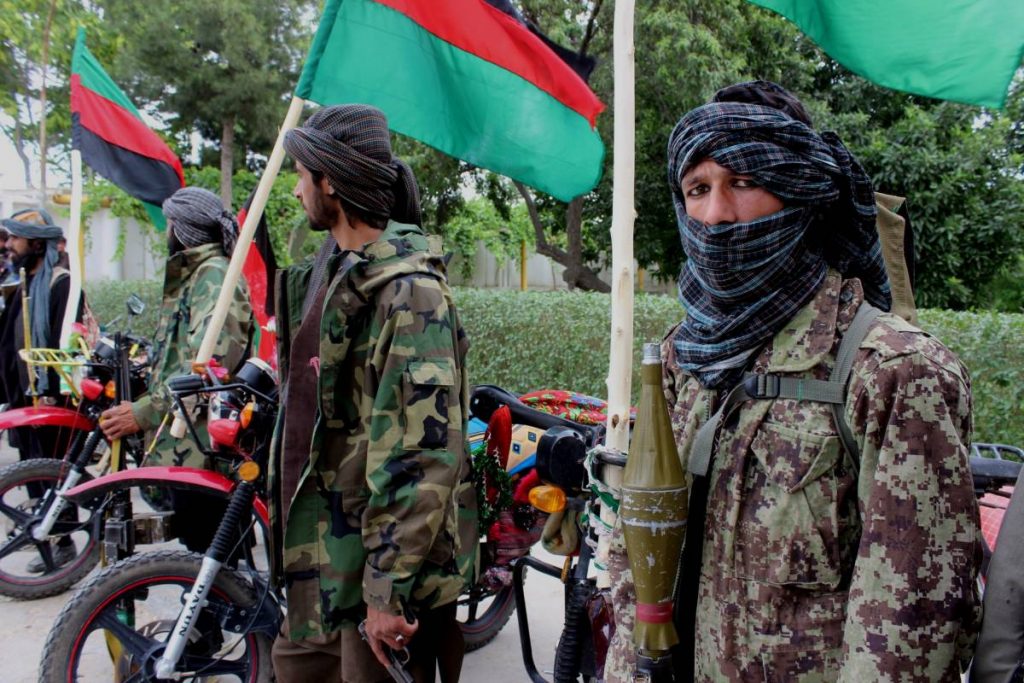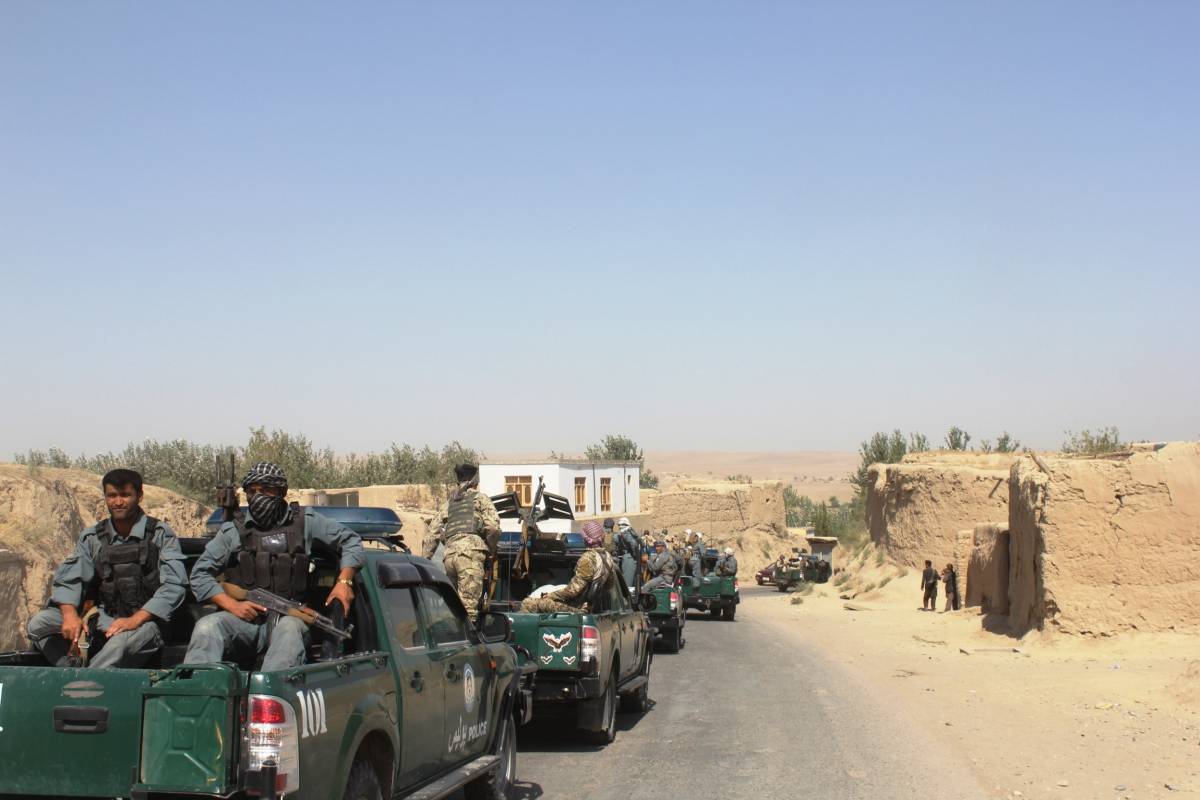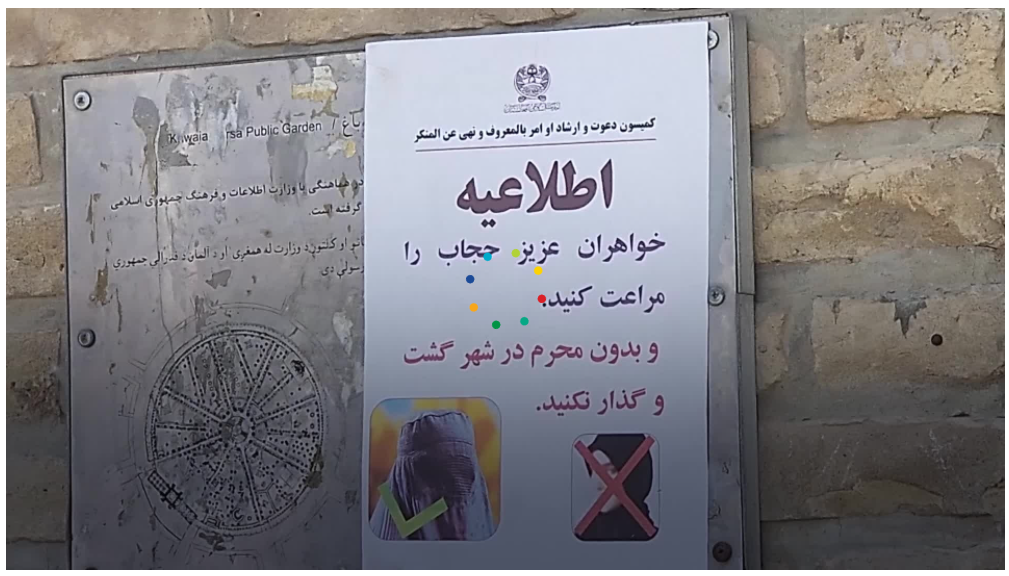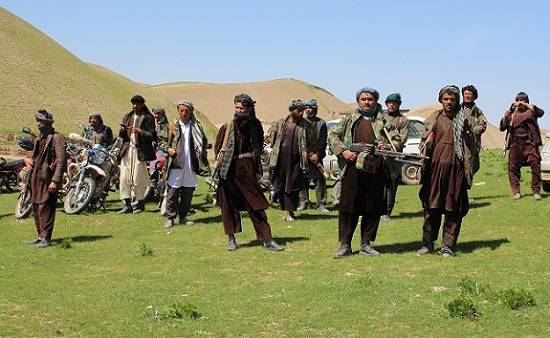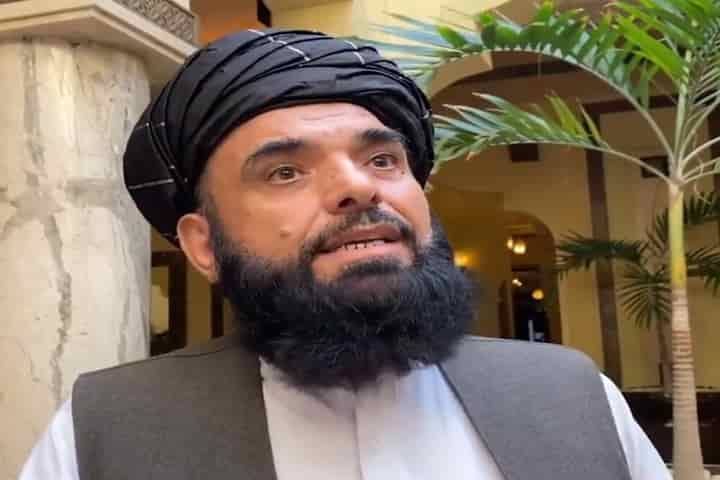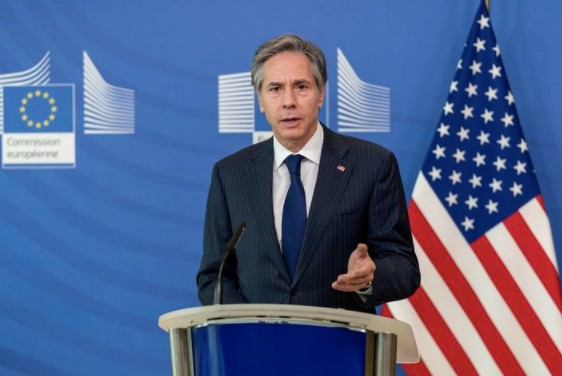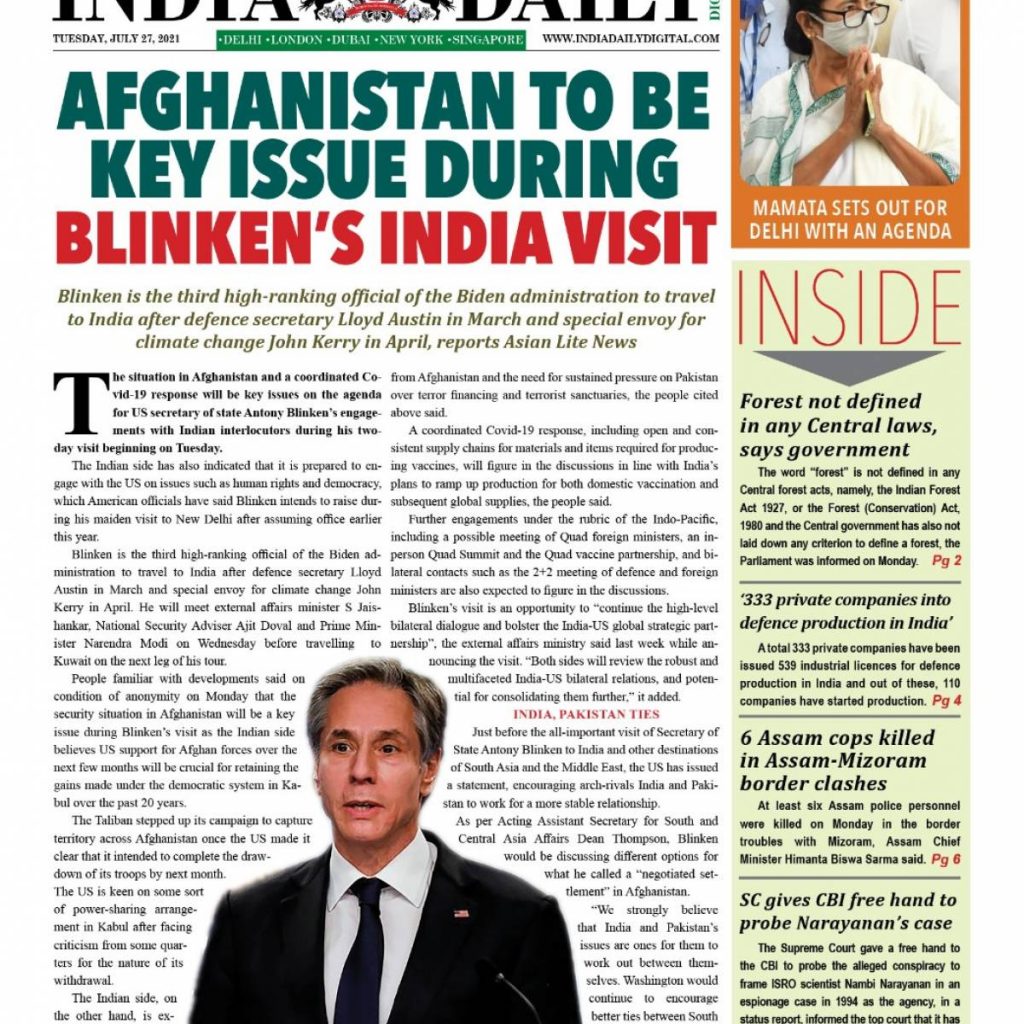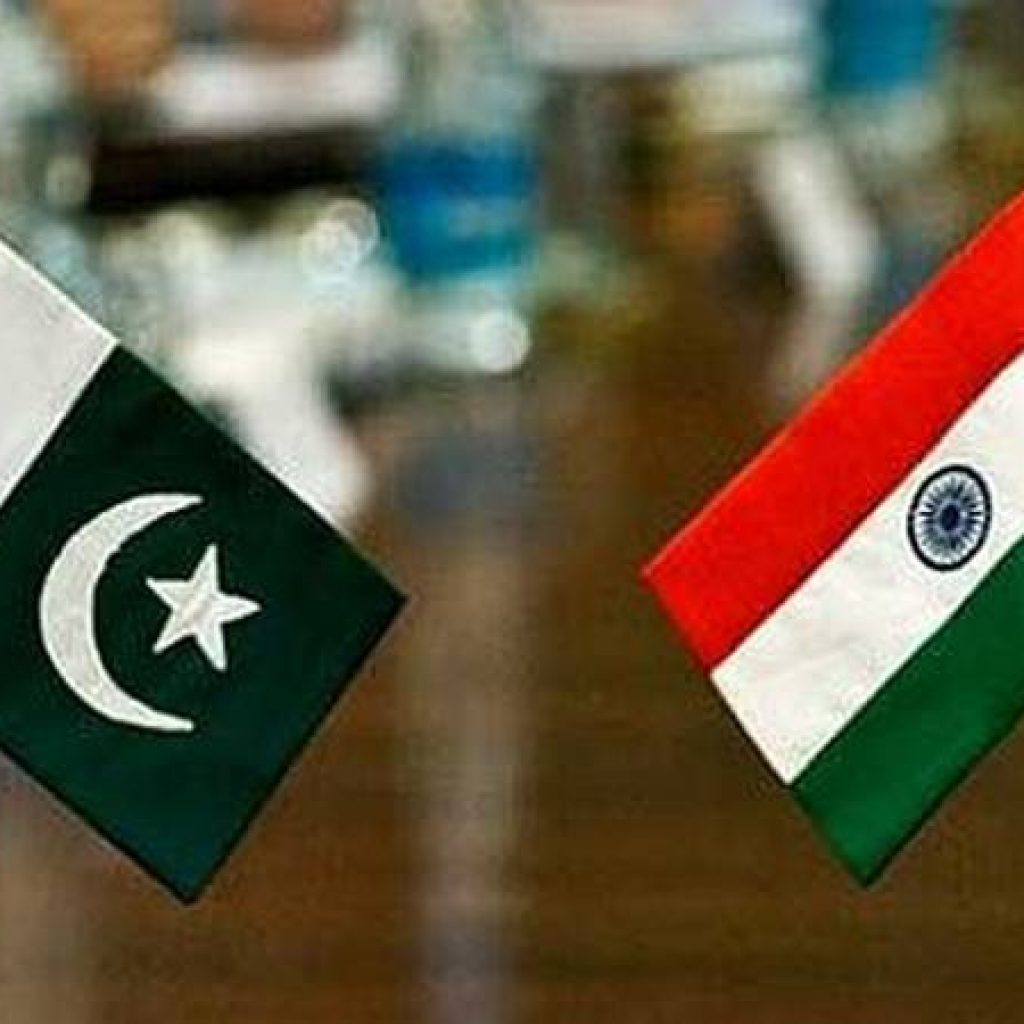This remark comes amid stalled intra-Afghan negotiation and the Taliban’s growing grip over the war-torn country….reports Asian Lite News
Russian Defence Minister Sergei Shoigu on Wednesday said the mission of the United States and NATO in Afghanistan has failed and the situation in Afghanistan is not in control of the Ashraf Ghani government.
This remark comes amid stalled intra-Afghan negotiation and the Taliban’s growing grip over the war-torn country.
Addressing the Shanghai Cooperation Organisation (SCO) meeting, Shoigu said the latest developments in Afghanistan’s border areas and “the massive exodus of Afghans” to Tajikistan and Uzbekistan prove that agreements between the US and the Taliban “are not being implemented”.
Sputnik quoted Shoigu as saying that the situation in Afghanistan “is rapidly deteriorating and is practically out of control of the authorities. Taliban already control most of the territory.”
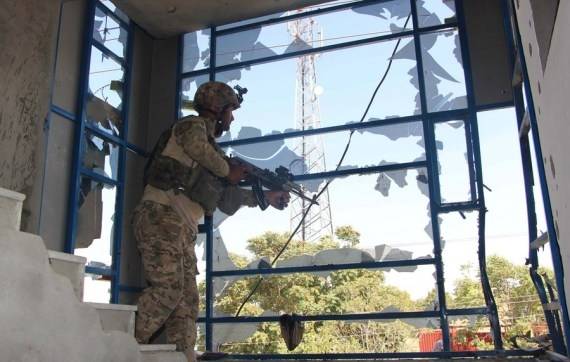
“Of particular concern is the strengthening of the positions of ISIS and other international terrorist organizations, which has led to an increase in the threat of their penetration into neighboring countries,” Shoigu added.
Indian Defence Minister Rajnath Singh, who is also at Dushanbe, met with his Belarusian counterpart Lieutenant General Viktor Khrenin on the sidelines of the SCO Defence Ministers’ Meeting in Dushanbe.
“Raksha Mantri Shri @rajnathsingh met Minister of Defence of the Republic of Belarus Lieutenant General Viktor Khrenin on the sidelines of the SCO Defence Ministers’ Meeting in Dushanbe, today,” said Bharat Bhushan Babu, Defence Ministry’s Principal Spokesperson.
Rajnath Singh is in Dushanbe to attend the annual meeting of the Defence Ministers of member states. Singh’s address at the meeting is slated for today.
US will remain engaged
Even as the US withdrew its forces from Afghanistan, they will remain engaged in Afghanistan, said Antony Blinken, US Secretary of State.
“We have not only a strong embassy there but also have important programmes that support the country economically through development and security assistance,” Blinken said at the end of talks with his Indian counterpart S Jaishankar in New Delhi.
The top US diplomat was responding to a question on Afghanistan as US troops pull out and the Taliban invade the cities amid concerns of deteriorating conditions in Afghanistan and fighting between the Taliban and the Afghan government.
“We are very much engaged in the diplomacy of working to bring parties together at the table for the resolution of the conflict in Afghanistan,” added the US State Secretary.
“The Taliban says that it seeks international recognition, that it wants international support for Afghanistan, presumably, it wants its leaders to travel freely in the world and sanctions lifted, etc,” Blinken said, adding that violence is not the path to achieve their objective.
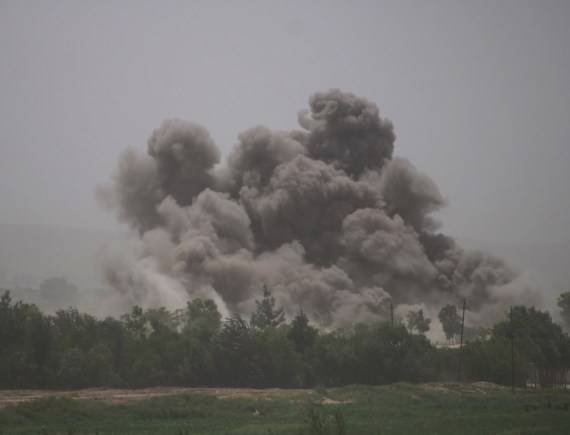
“Taking over the country by force and abusing the rights of the people is not the path to achieve those objectives. There is only one path and that is at the negotiation table to resolve the conflict peacefully,” he said.
Taliban have intensified their offensive against civilians, Afghan defence and security forces as foreign troops are withdrawing from the war-torn country. Over the last few weeks, they captured several districts in Afghanistan including Takhar, the country’s northeastern province. The extremist group issued diktats like ordering women to not leave home alone and men to grow their beards.
“The Taliban is making advances in district centres, there are reports of them committing atrocities in Afghanistan. It’s deeply troubling. It certainly doesn’t speak well about their intention for the country. We remain engaged in Afghanistan,” Blinken said.
Underlining the importance of peace negotiations in Afghanistan, External Affairs Minister S Jaishankar, in a joint press conference with Blinken, spoke against the unilateral “imposition of will” in the war-torn country while calling for preserving the gains made over the past two decades. (ANI)

